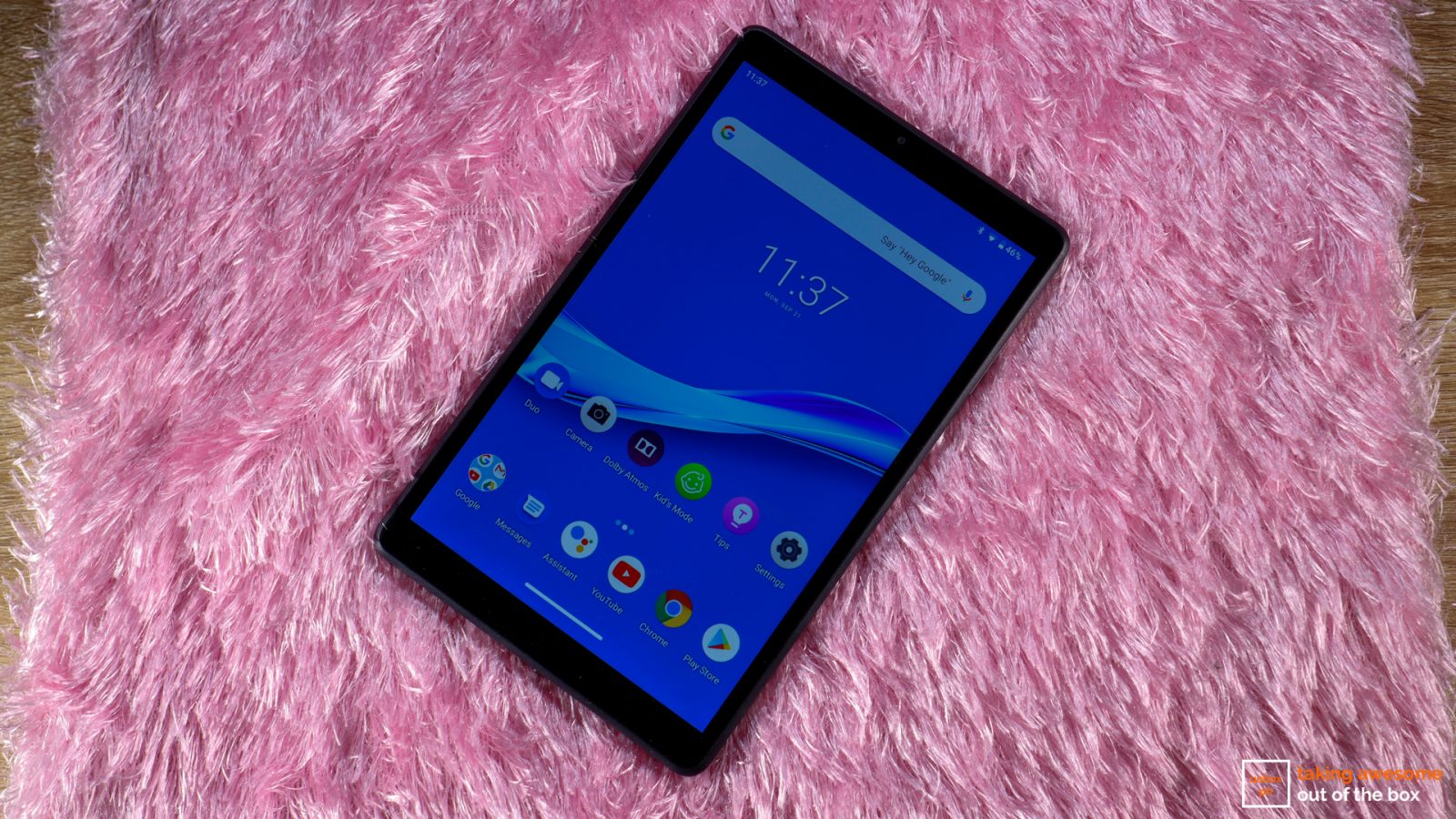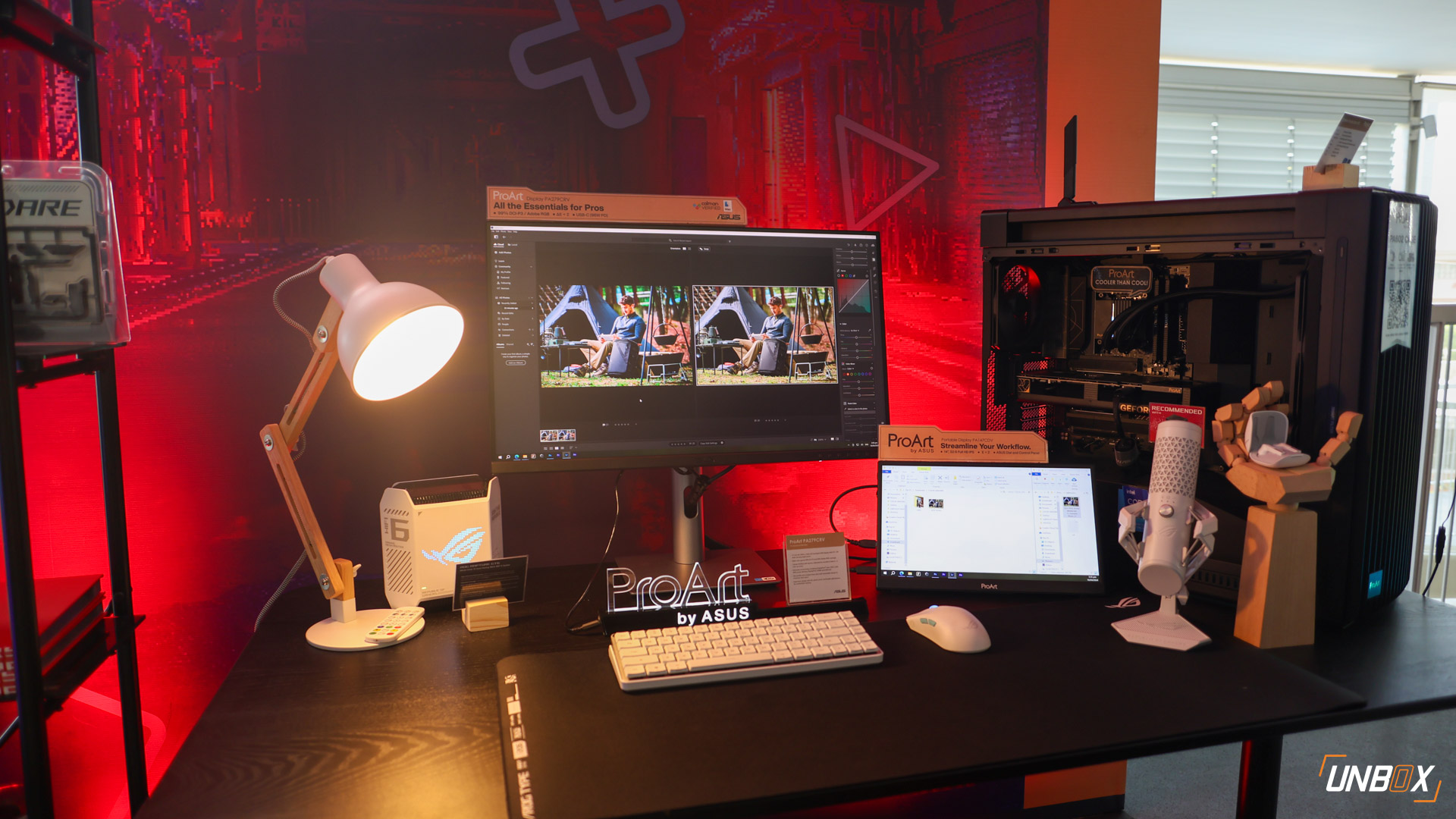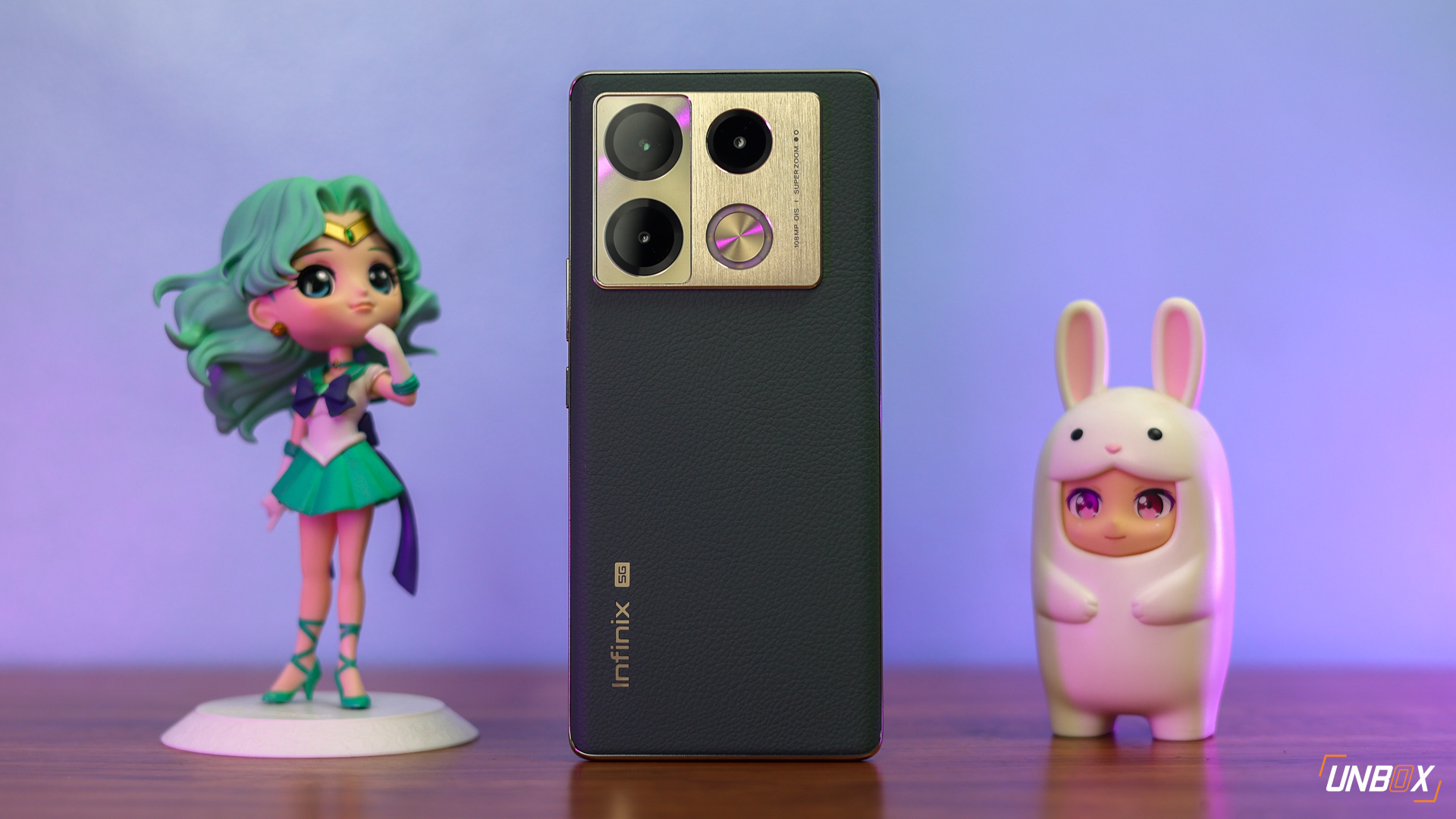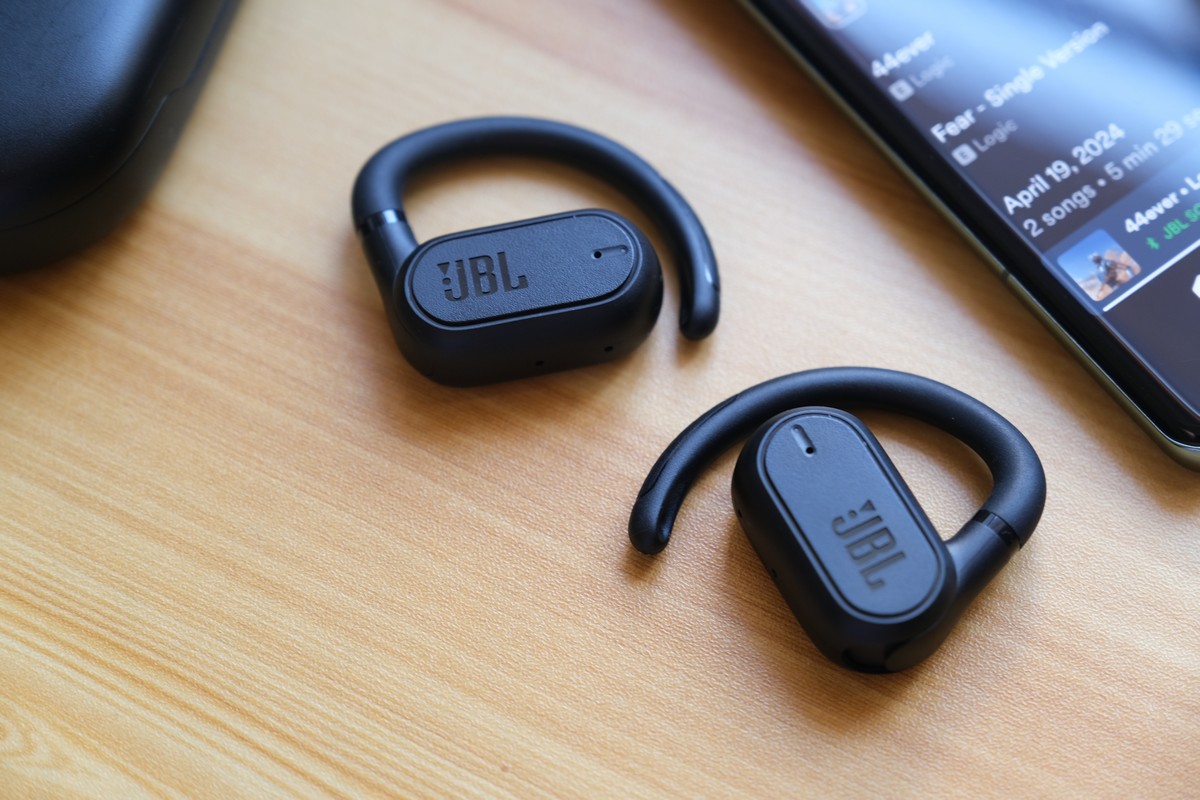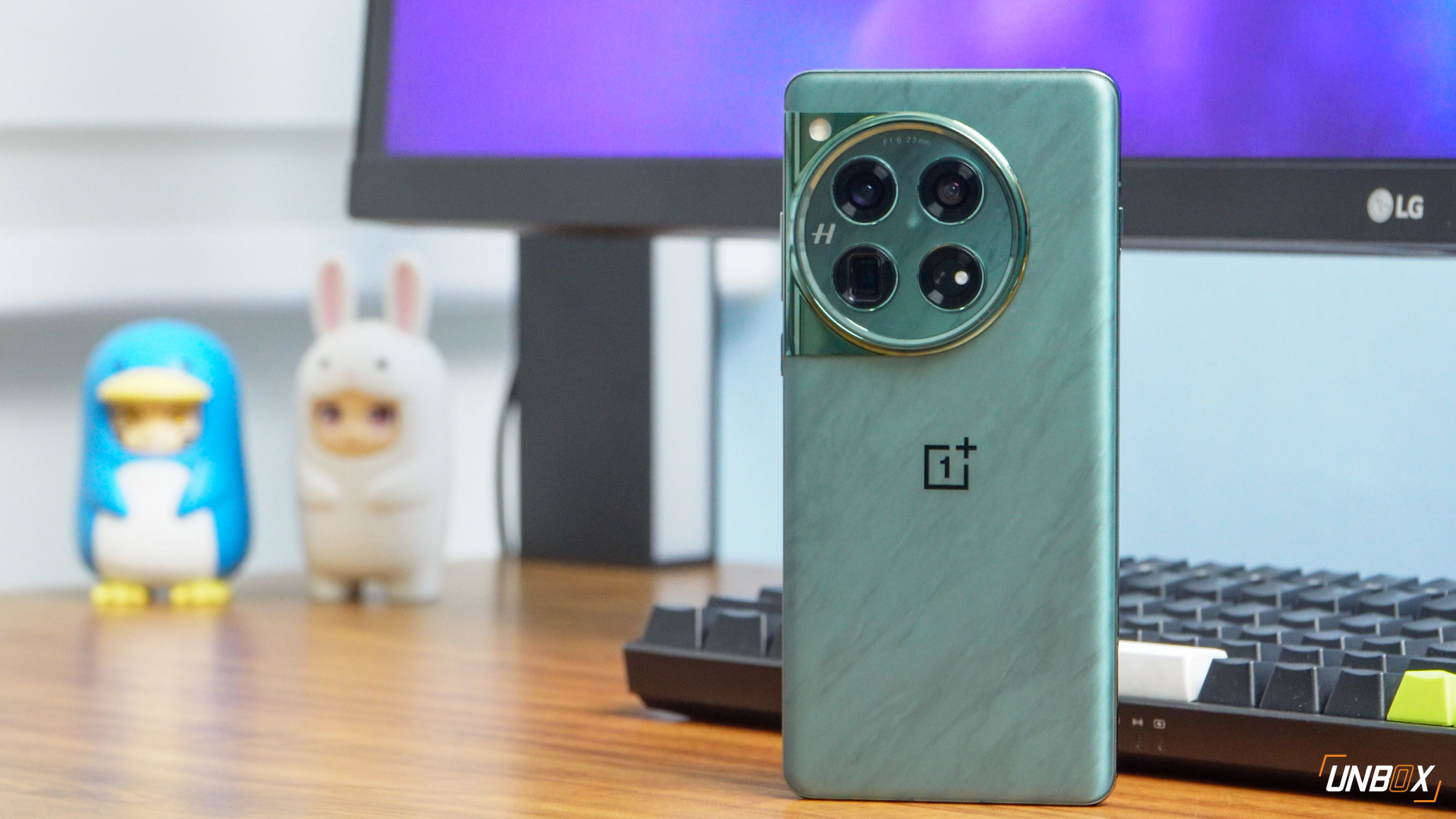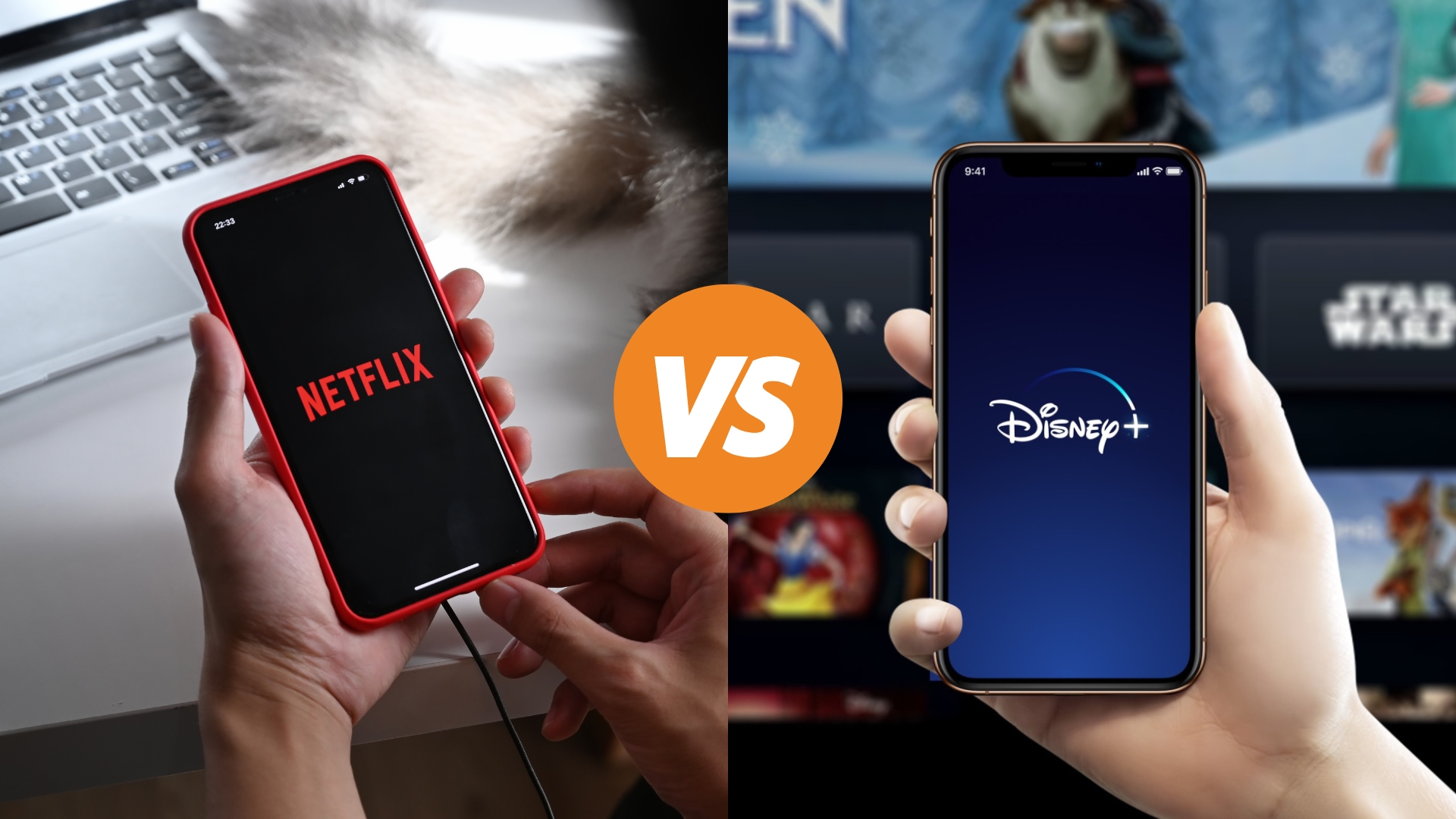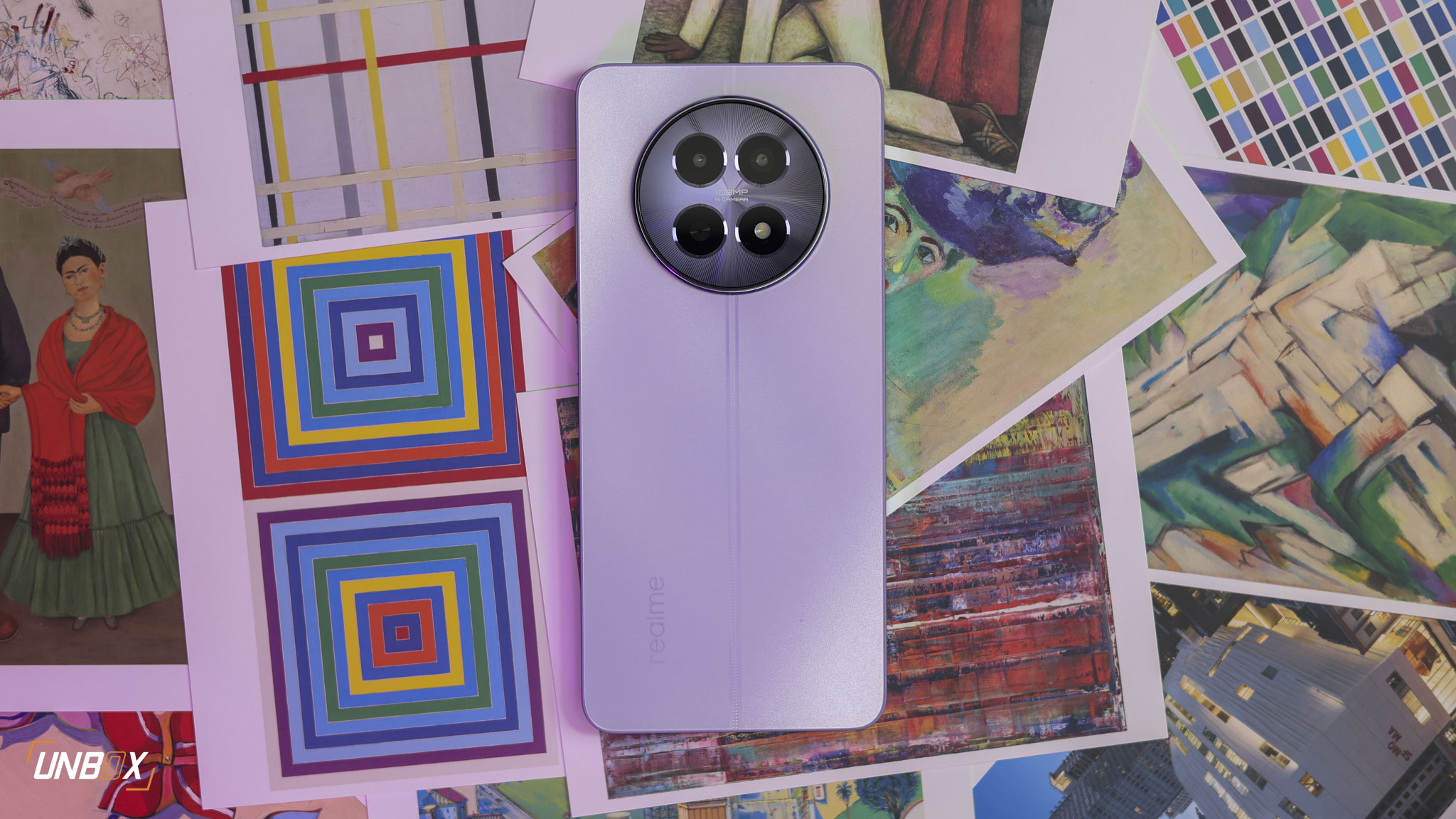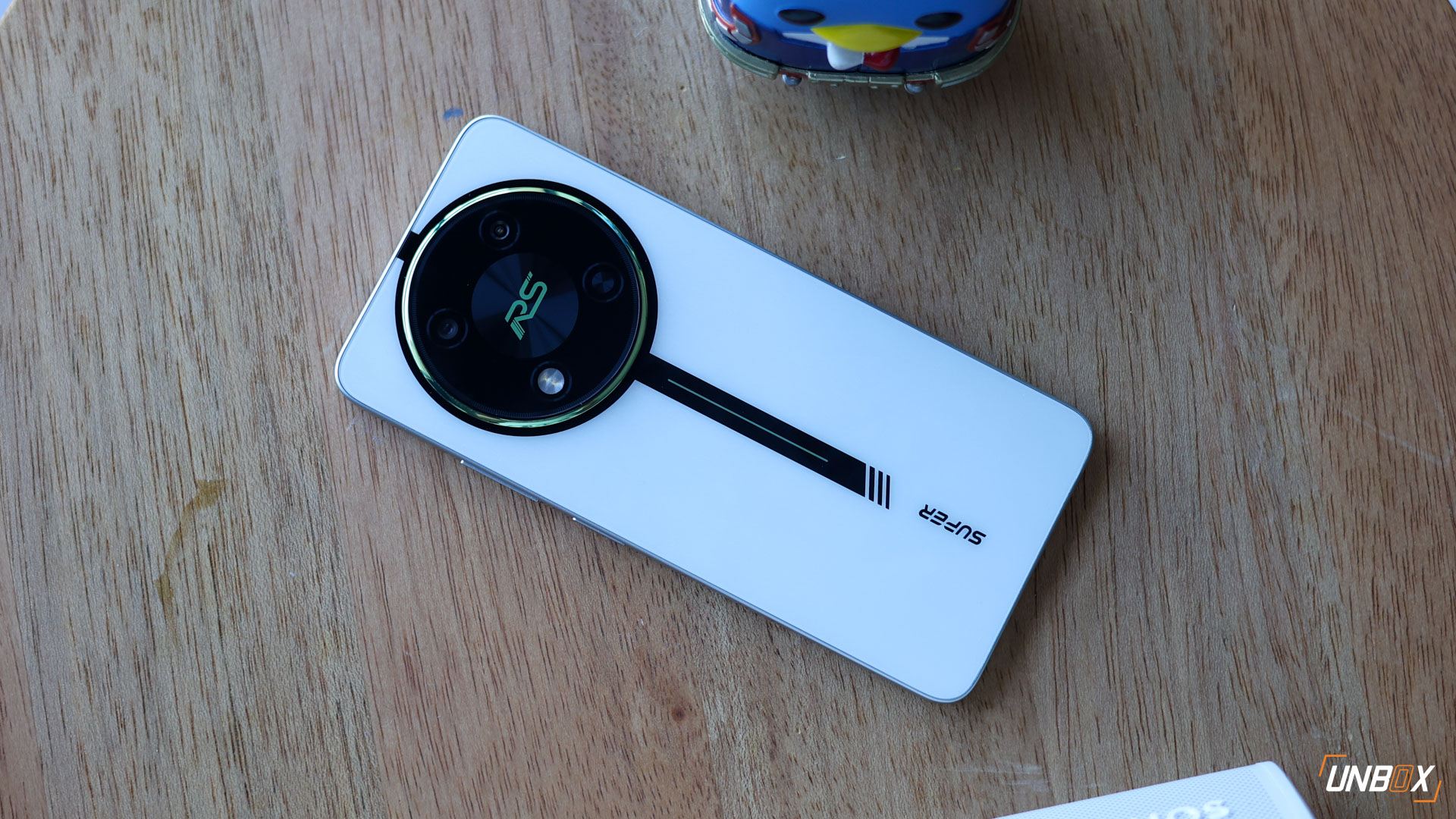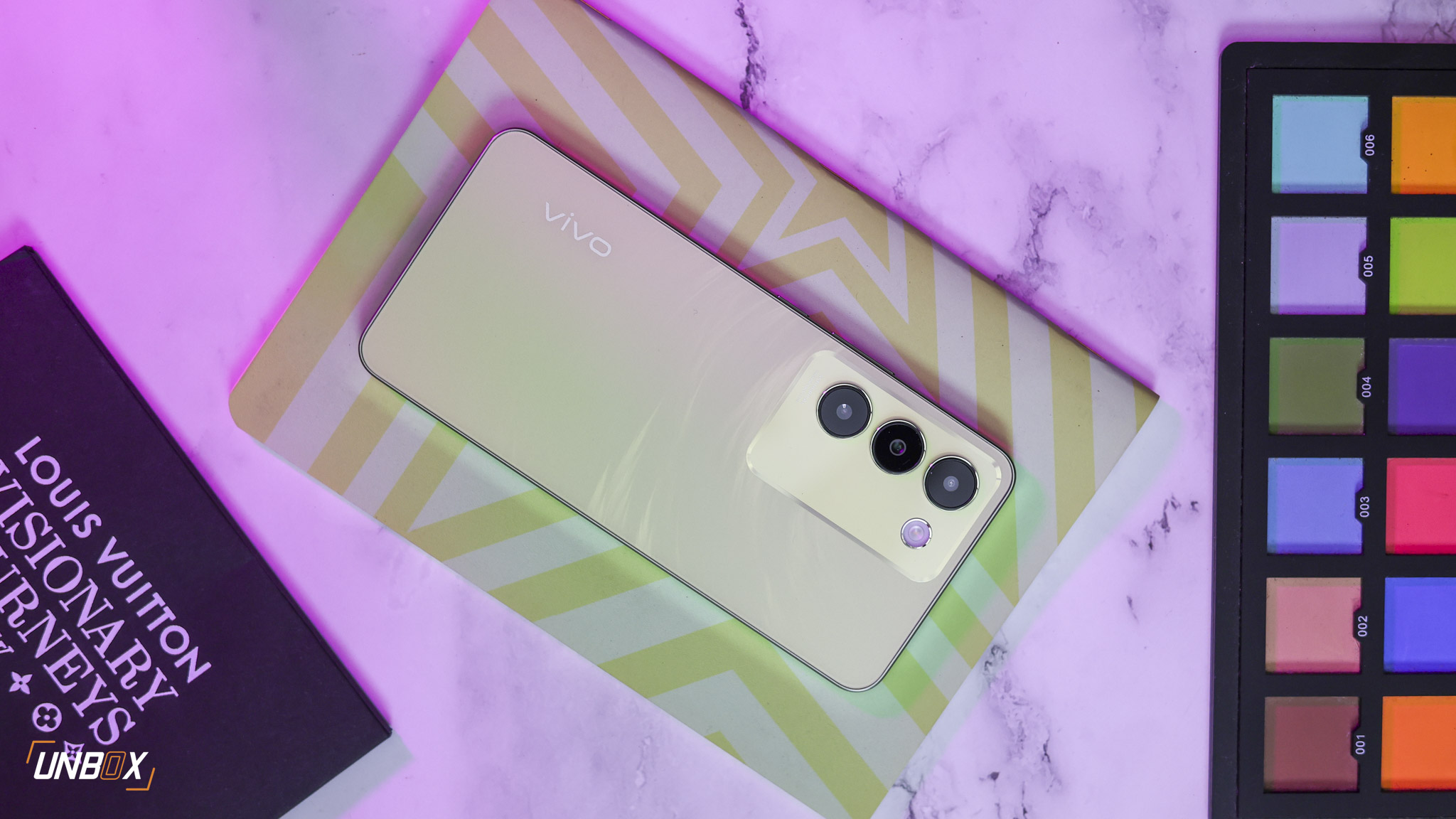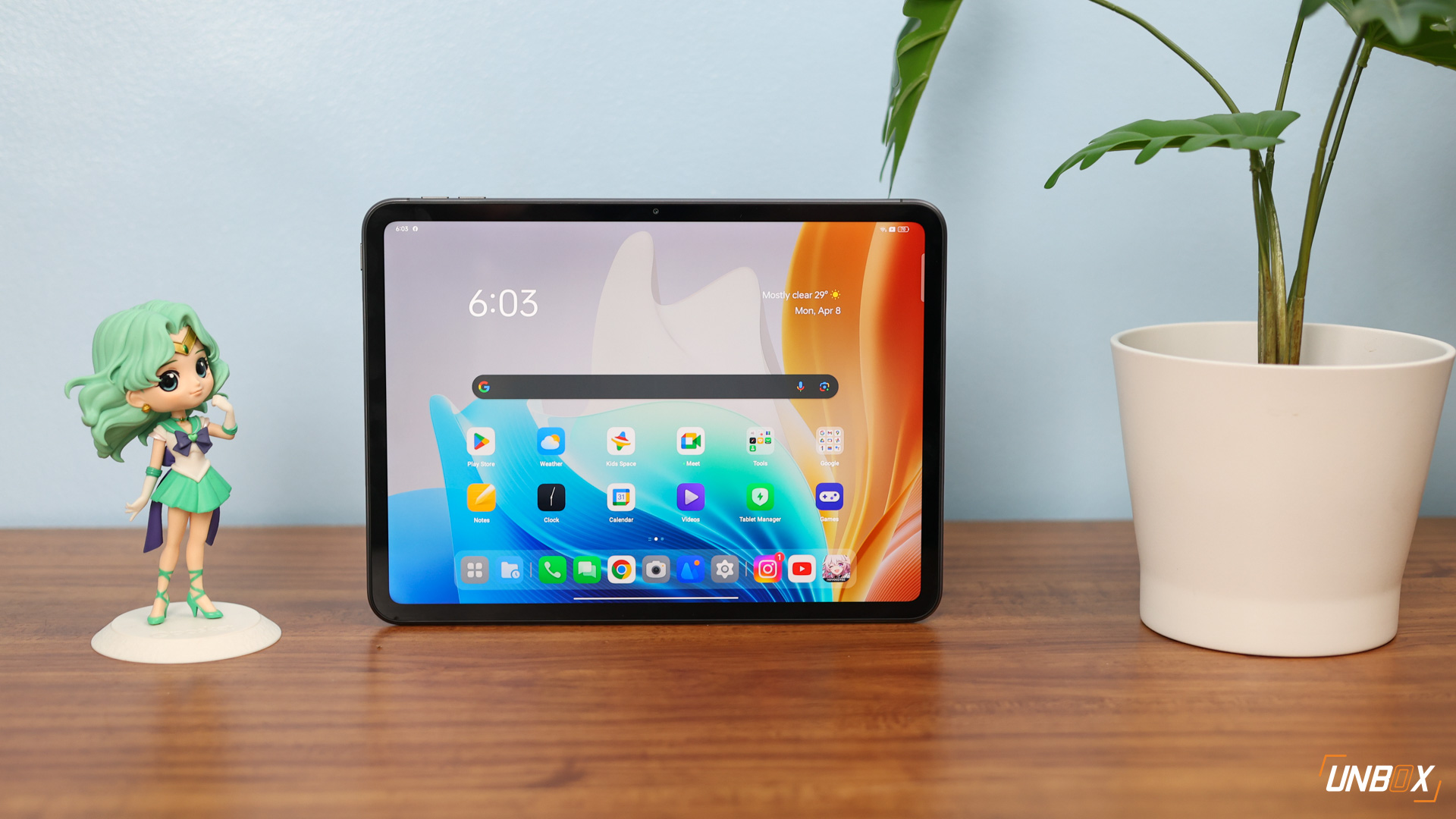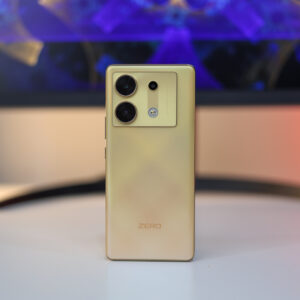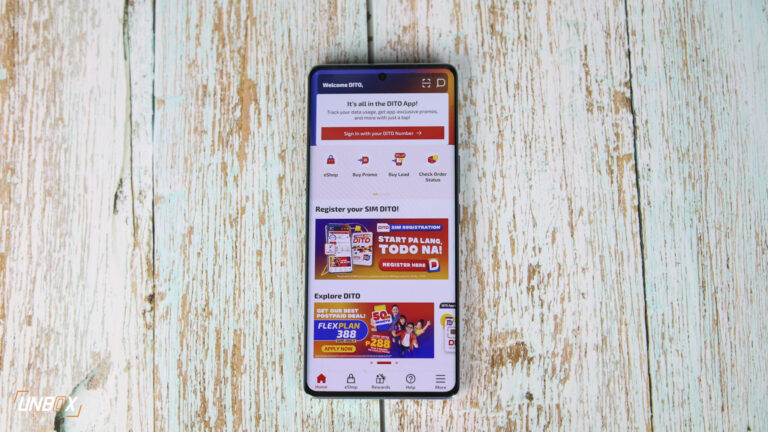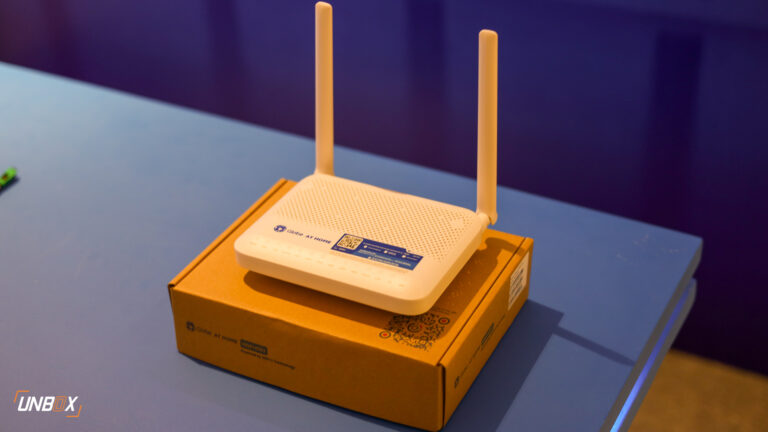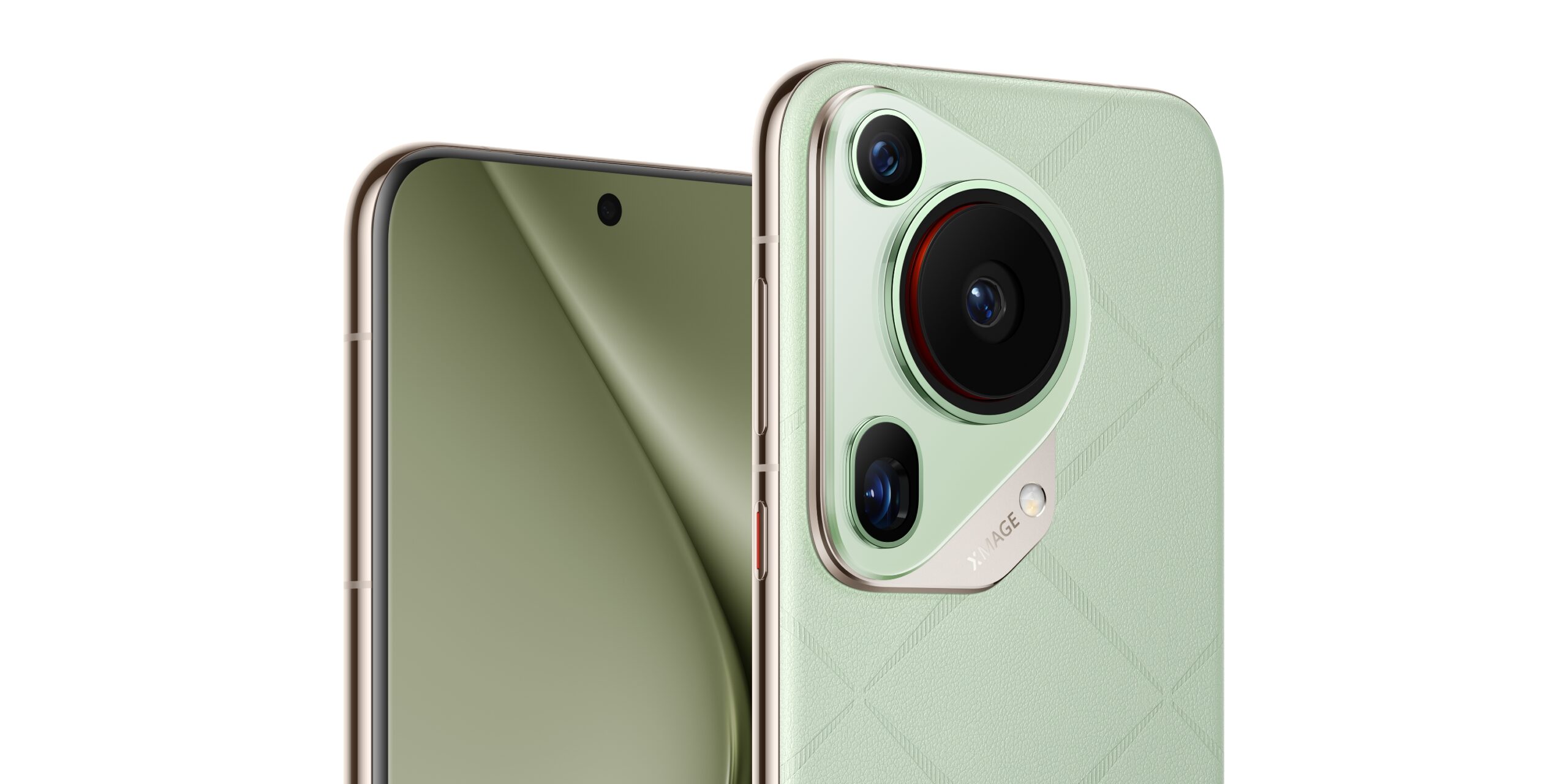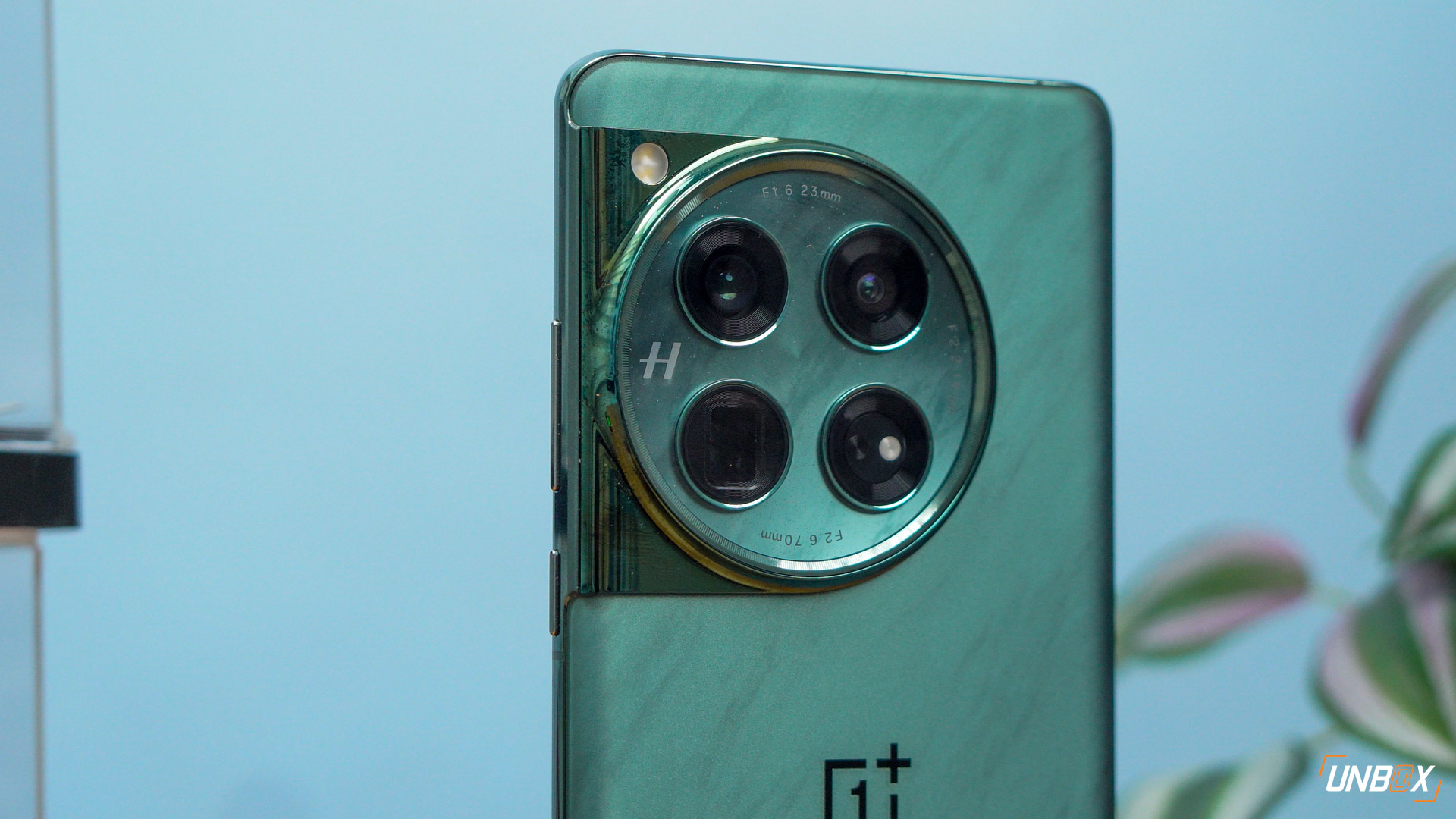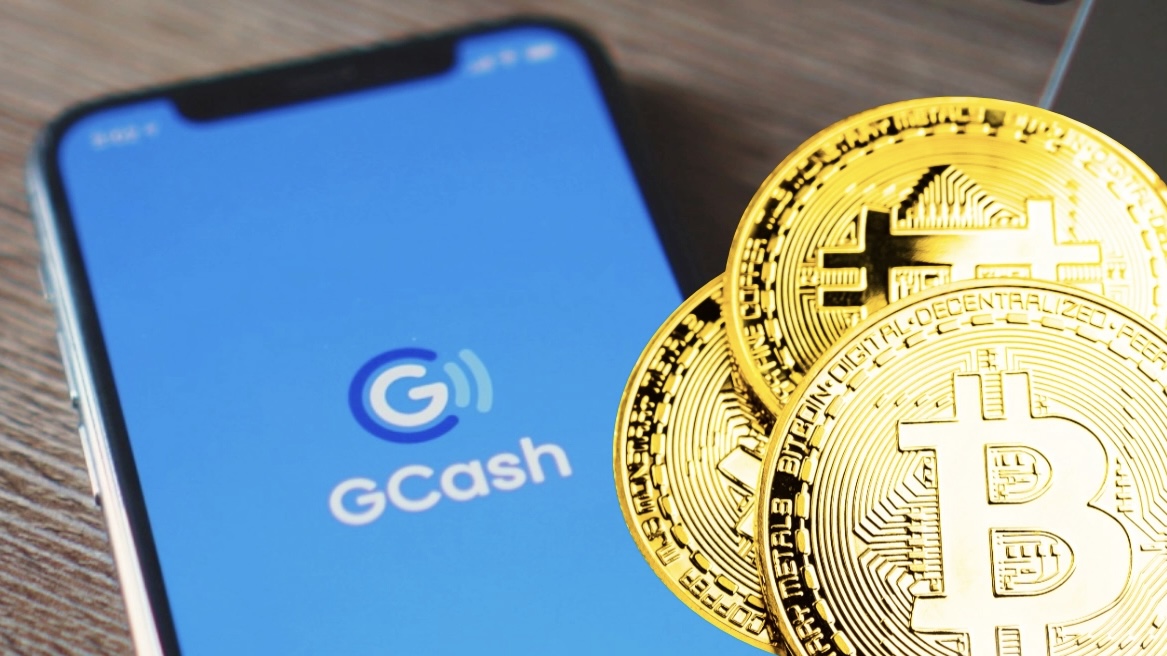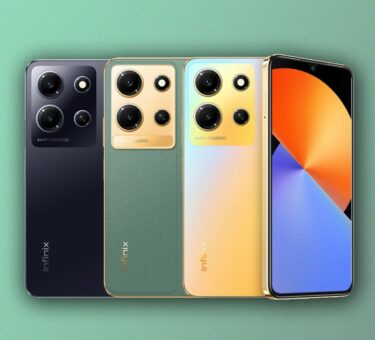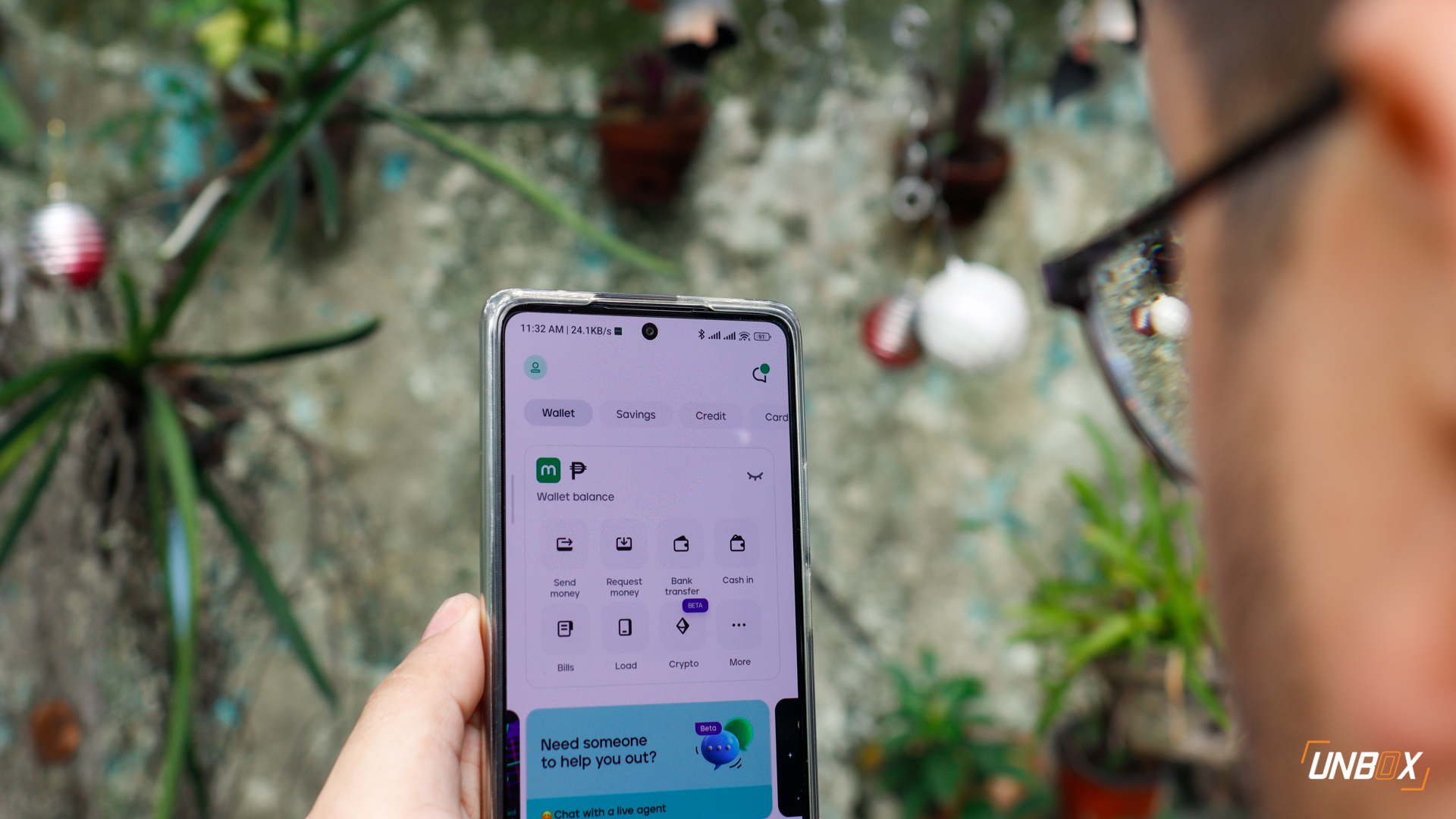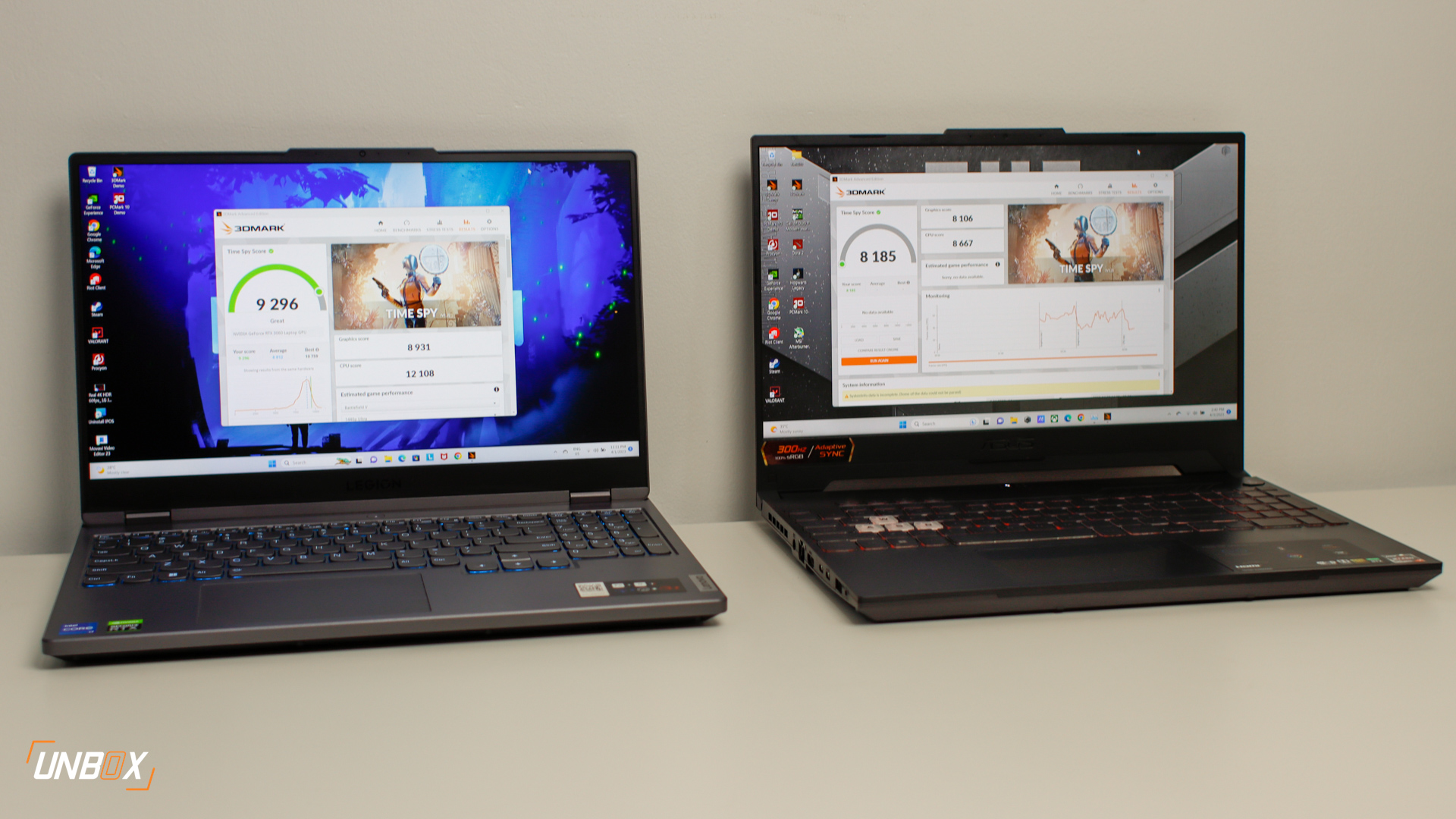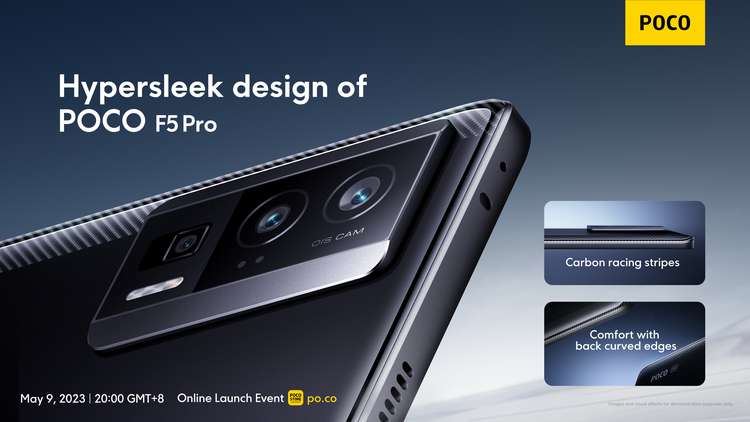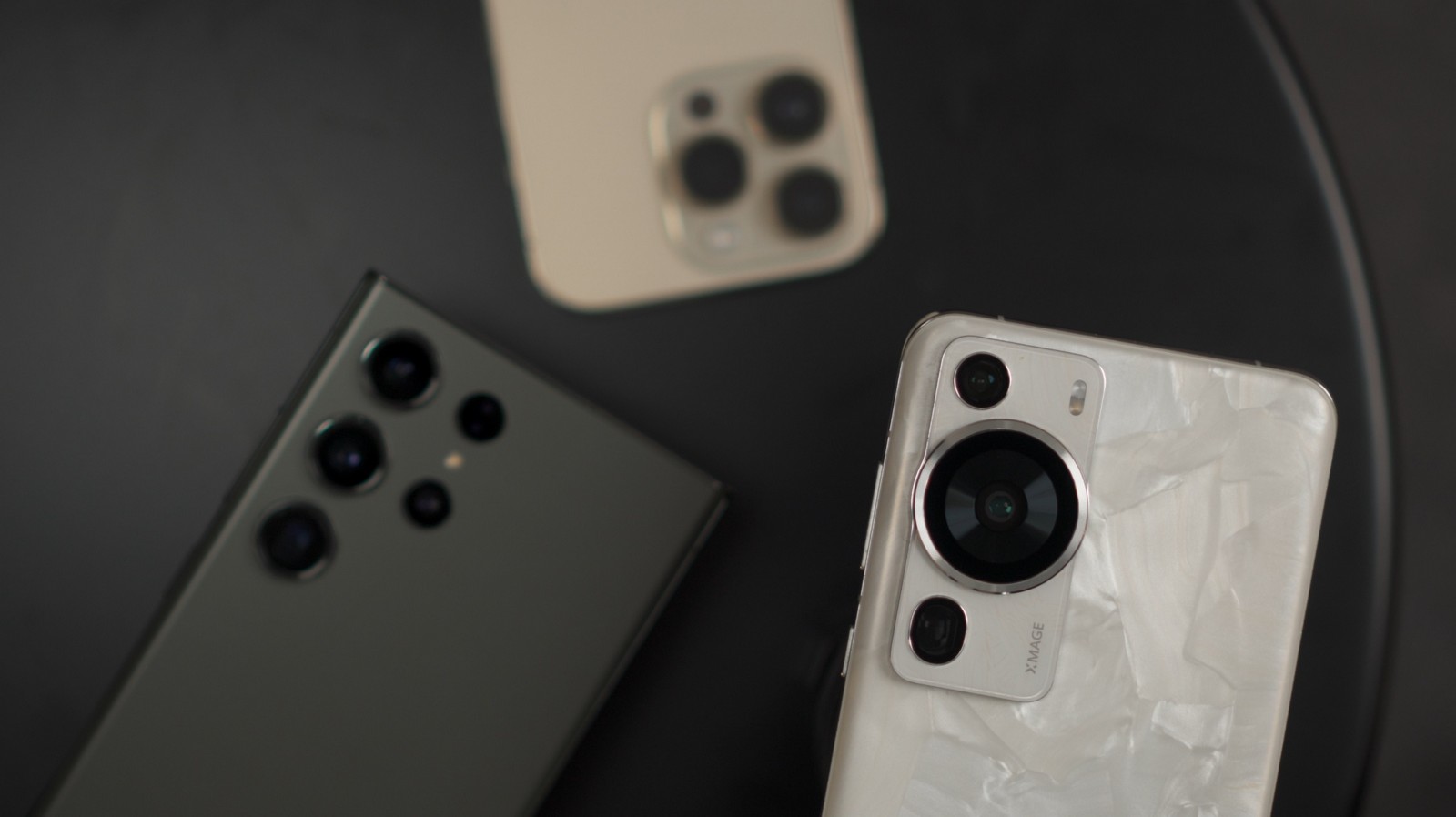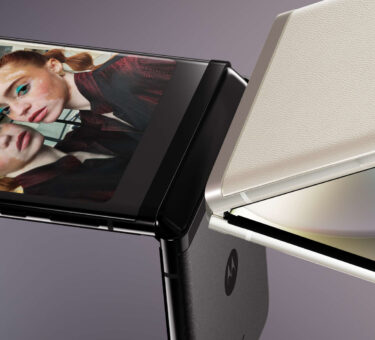2011 and 2017 are different times
Google’s $1.1 billion purchase of the HTC Pixel team – the same team that worked on the search giant’s Pixel devices last year – sparked a sense of déjà vu for most people in the tech industry. Back in 2011 then CEO Larry Page announced the $12.5 billion buyout of Motorola Mobility, a company that Google promptly resold a few years later. For many, Google’s purchase of Motorola was perceived as a mistake, though few could grasp the real motives behind the search giant’s acquisition back then. But today’s mobile landscape is quite different than it was back then, and Google’s motivation for picking up 2,000 of HTC’s highly skilled engineers and designers couldn’t be more different than it was 6 years ago.
2011 was a litigious landscape for Apple, Samsung and Google. All three brands were involved in patent lawsuits in one form or another, and the only way to protect yourself from potential lawsuits back then was to acquire a strong set of patents and technologies that you could fall back to and use as a form of weapon against your enemies when backed into a corner.
When Google bought Motorola Mobility, it did so because of the patents that Motorola held in its substantial warchest. The device business was a nice bonus, but to Google all that mattered was Motorola’s vast patent portfolio that had an estimated 17,000 patents and 7,500 applications to fight the likes of Apple, BlackBerry, Microsoft and Sony, who had earlier bought Canadian telecom giant Nortel’s vast patent library for $4.5 billion. To put it in another way, when Google’s rivals each developed their own version of the atomic bomb, Google went on and bought a hydrogen bomb. It was mutually assured destruction via patents, and since everyone calmed the hell down after realizing that, Google no longer had a use for Motorola’s mobility arm sans patents, so it sold it to Lenovo.

Google’s deal with HTC is quite different. The search giant knows that having a team in-house building and designing devices alongside their software team is the way to go, and is leagues better than sub-contracting to another company whose values and ideals may not always align with their own. And it’s not like HTC couldn’t use the money – despite building awesome devices in the past, it’s still deeply in the red, and the $1.1 billion infusion from Google will allow the Taiwanese brand to staunch some of the bleeding as it readies its own flagship devices for release later this year.





